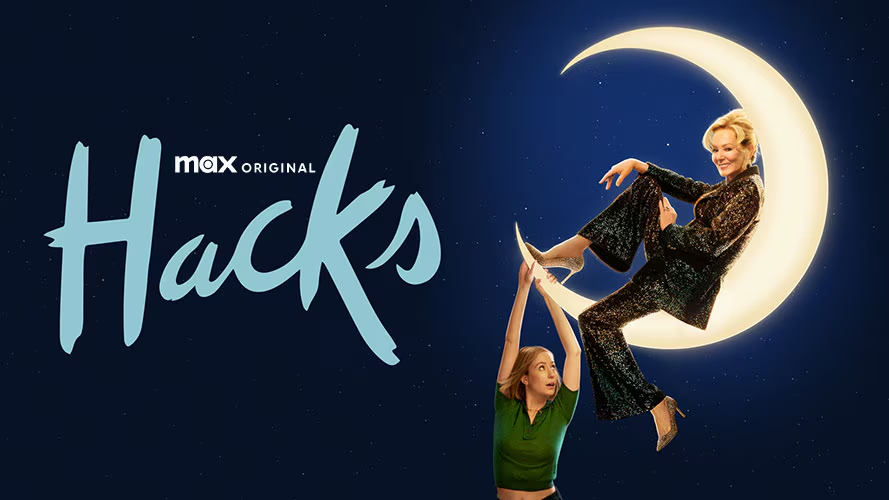With the COVID-19 pandemic trapping most people inside for the last year and a half, going to the cinema to see new releases just hasn’t been plausible. Because of this, services are now thriving more than ever. Thousands of families across the nation now rely on streaming services such as Netflix, Hulu, Prime, and Disney+ for all of their entertainment. Now that theaters are starting to open up again, many film creators and cinephiles are wondering whether they can survive with the new surge of people opting to stay home and stream their films instead.
Many casual movie-goers might prefer to stay home and enjoy movies on an easily accessible streaming service, such as Netflix or Disney+. There’s even a feature on the relatively new service HBO Max where viewers can watch movies the same day they are released in theaters without paying extra. For people who don’t care about the theater experience or even prefer enjoying their cinema from home, it’s now easier than ever to watch movies without even having to leave home.
For others, who don’t just go to the theater out of necessity but because they enjoy the theater experience, the increasingly common avoidance of theaters could be detrimental. I am one of those people. I don’t think any home theater setup could beat watching a movie on a huge screen with surround sound, or experiencing the thrill of a good horror film with an audience and getting to witness their reactions. Theaters have been an integral part of how we consume media for 116 years, and they are cherished by many people. If a majority of people decide to move to streaming services, they might be lost forever.
As much as I love going to the theater, there is a case to be made that theaters shutting down could be a great opportunity for indie film directors who otherwise wouldn’t have gotten a chance to shine. Pre-pandemic, big blockbuster hits occupied the movie theaters while smaller, more artistic films were dumped onto streaming services with little to no advertising. With so much of America now relying on streaming services, viewers end up watching movies that they probably never would have seen pre-COVID. This offers newbies to the industry a chance to get their films out there, and gives viewers a chance to broaden their horizons.
However, there is also a strong argument for keeping them open. Movies living only on streaming services could severely detract from the quality of new films, since they already get paid a set amount and therefore don’t have to rely on box office to determine how much they make. In the theater scene, audiences directly control how much a movie makes. You have to win people over in order to make a profit. Theaters shutting down could lead to large companies mass producing cheaply made movies to sell to streaming services to make a quick buck, disregarding quality. Many people also enjoy going to the theater for the nice seats and classic popcorn, which could be difficult to recreate at home.
With the latest controversy surrounding Scarlett Johansson including in her contract that her movies must be shown for a certain amount of time in theaters before they move to streaming services, it is safe to say that movie audiences aren’t the only ones worried about this. Scarlett Johansson argues that actors’ salaries are greatly affected by box office profits. Shutting down theaters could not only affect the quality of movies but could also harm actors and actresses by significantly lowering their pay. That isn’t even mentioning the other people on set who make even less, such as editors, light and sound technicians, and set designers. Lowering their salary could make these jobs an unlivable wage.
Having streaming services as the primary place to watch movies could be more convenient and give indie films a chance to shine, but keeping movie theaters open could save the cinema experience that is treasured by so many people and help those who work on movies keep a fair salary. Hopefully we are able to find a balance where we can take advantage of streaming services while also being able to go back to theaters.





